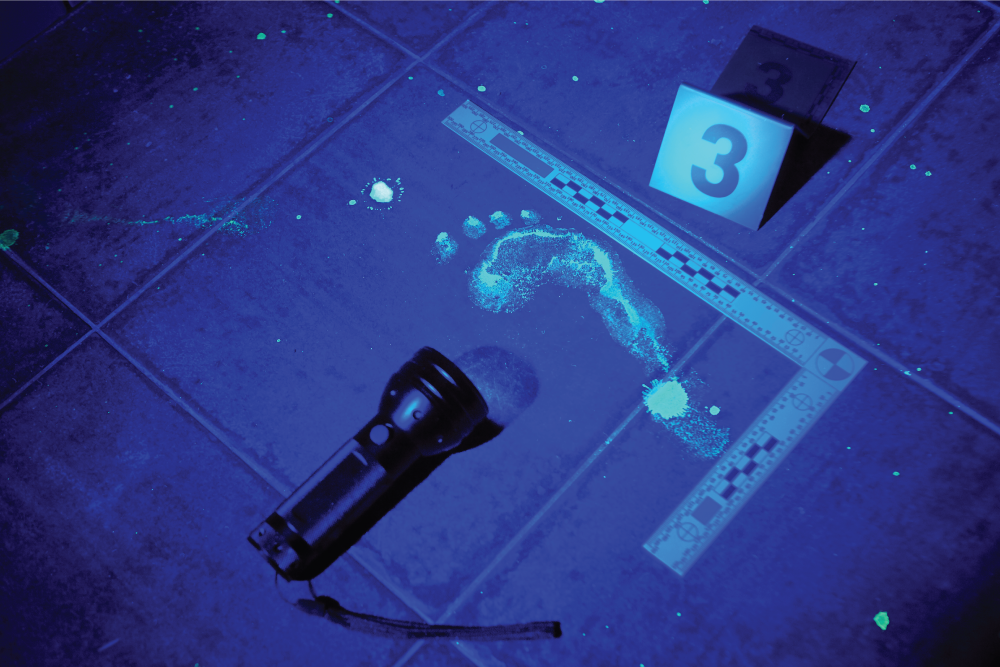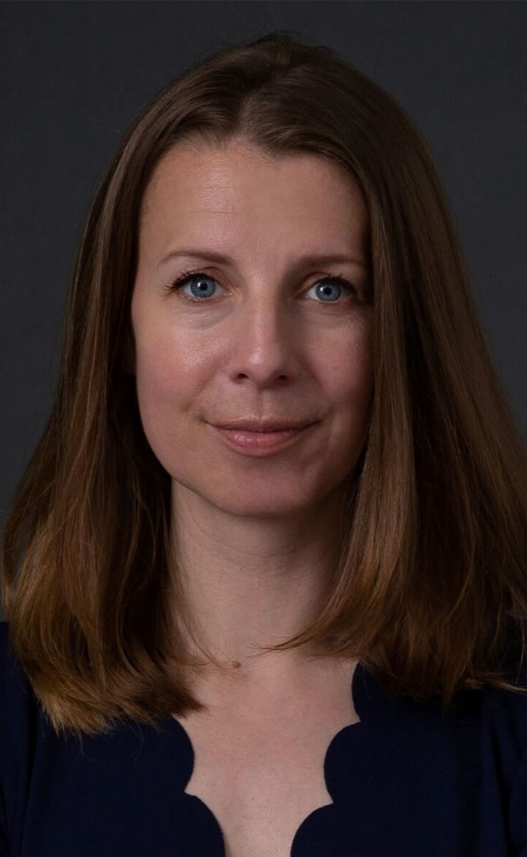
Interviews 17.04.2025
Five Minutes With: A Criminologist
Dr Elisabeth Carter is Associate Professor of Criminology at the University of Kingston

Interviews 17.04.2025
Dr Elisabeth Carter is Associate Professor of Criminology at the University of Kingston

As a criminologist with an expertise in fraud, I found my place via the scenic route. It started with a fascination with language learning in infants and the impact on communication in cases of traumatic brain injuries. I then discovered a passion for examining communication practices in criminal justice settings, namely the interactions between police officers and suspects in police interviews.
From there I fell headlong into criminal communications and how language is used as the sole tool through which some crimes, such as fraud, are committed. I was hooked, and also aghast that the only research into this area looked at what makes victims so vulnerable. In essence, researchers were analysing why victims had failed to protect themselves from fraud, rather than what it is about the criminals’ communications that make them so powerful that they override our human instincts and knowledge about red flags.
This is a tricky one as I feel incredibly lucky that I have managed to carve out a job where I am doing something that is interesting, that is constantly evolving, is doing a public good and is contributing to knowledge. However, I would love to be an author and write fiction that takes people away into beautiful and interesting places.
In my early years of researching fraudulent interactions, I found some startling evidence but really struggled to be heard, and have my work and findings taken seriously in counter-fraud strategy and practice. Things have definitely become much easier since then, for me and for academics in general, to be able to contribute research-based solutions to real-life problems. I find a large proportion of my work now sits right at that intersection of academia and practice, where I advise the police, governments, financial industry, charity sector and beyond, locally, nationally and internationally.
That it’s someone else’s problem.
“In my early years, I found some startling evidence but really struggled to have my work and findings taken seriously.”
The best is that I get to make a real difference through my research and passion, and my day to day can be so varied. One day I’m teaching a lecture theatre of undergraduates about criminological theory and risk and crime, the next I’m writing an expert witness report, or advising the Home Office, United Nations and Interpol. The day after that I’m appearing on live TV. The worst is I find it hard to say no, and there are never enough hours in the day…
It is the same but in different clothing; harnessing contemporary social contexts, media and platforms, but always exploiting human interaction, needs and reactions.
Language is the very way in which criminals engage with and attack victims, using this to create an alternate reality where victims believe they are making reasonable choices but in fact are being exploited and harmed financially and psychologically. It is also the best tool we have for disrupting fraud, for protecting the public – in overriding the negative narratives around victims and in encouraging them to report fraud.
I love podcasts and listen whenever I can. Usually true crime, and real survival stories. I have been known to listen to podcasts at night and wake up with them still playing … many episodes later.

Dr Elisabeth Carter is a criminologist and forensic linguist who works at the intersection of language and the law. Her work examines the interactional, ethical and social drivers manipulated by criminals, revealing the intricate balancing act between power and persuasion, credibility and vulnerability in fraud and financial abuse. Dr Carter’s research supports law enforcement campaigns, helps to guide police operations, and delivers practical strategies across the financial, charity, dating and local government sectors – to disrupt the power of fraudulent communication, and safeguard people from harm..